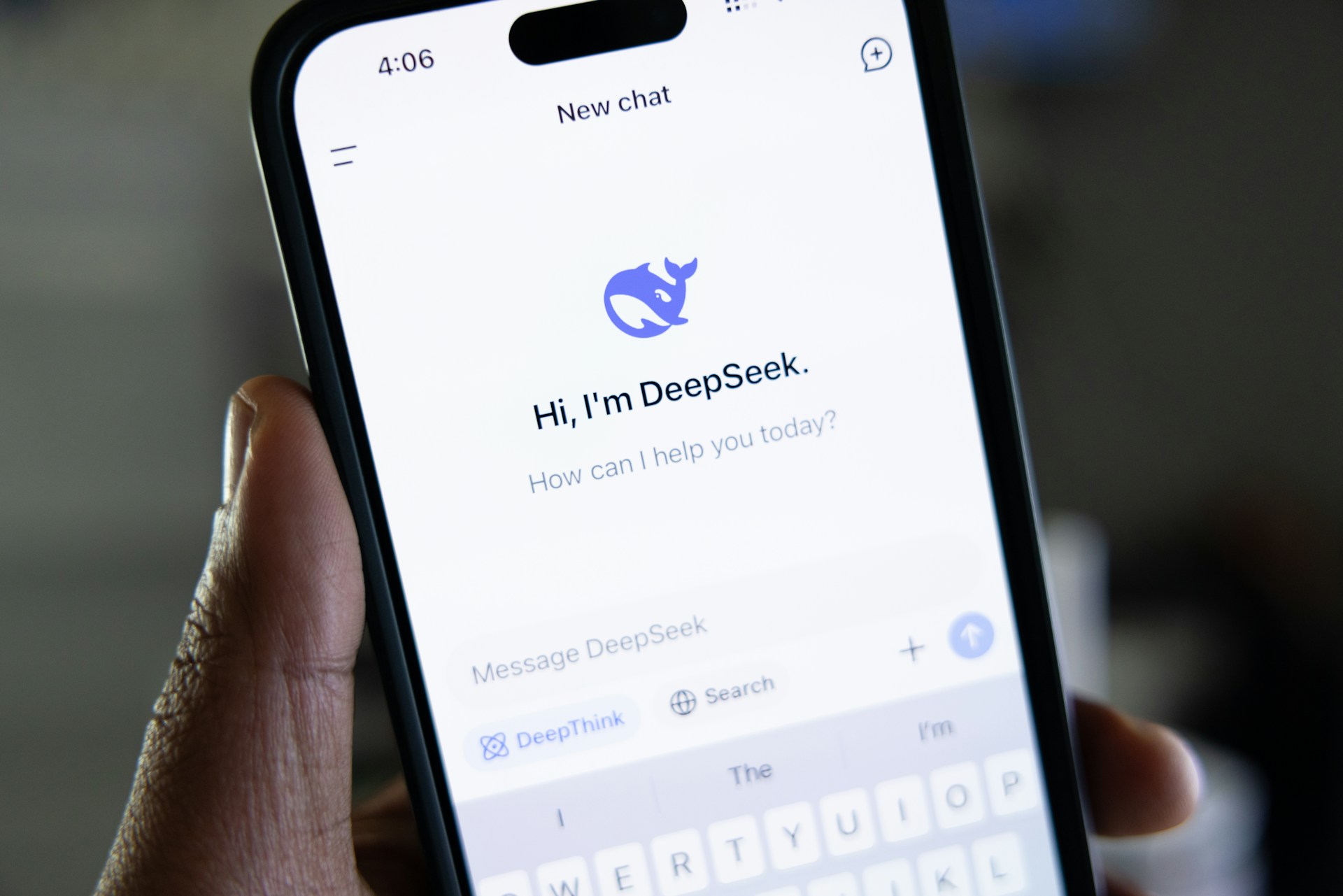Chinese startup Z.ai, formerly known as Zhipu, announced on Monday the launch of its GLM-4.5 AI model, which it claims is cheaper to use than DeepSeek.
The release was made during the World Artificial Intelligence Conference 2025 in Shanghai.
Z.ai’s GLM-4.5: Lower Costs, Smarter Design
According to Z.ai, the GLM-4.5 model is based on “agentic” AI, which enables the system to automatically break down a task into sub-tasks for more accurate completion.
The model is open source and available for developers to download and use for free.
Z.ai CEO Zhang Peng told CNBC that the model is about half the size of DeepSeek’s and operates on just eight Nvidia H20 chips. These chips were customized for China to comply with U.S. export controls.
Zhang noted that Z.ai has sufficient computing power and does not need to purchase more chips at this time.
He declined to disclose training costs but said the information would be shared later.
How Z.ai Beats DeepSeek on Efficiency and Pricing
Z.ai stated that GLM-4.5 would charge 11 cents per million input tokens, compared to 14 cents for DeepSeek R1.
For output tokens, the cost is 28 cents per million, far lower than DeepSeek’s $2.19.
Earlier this year, DeepSeek drew global attention with its V3 model, which claimed training costs of less than $6 million.
However, some analysts noted that figure was based on a broader hardware spend exceeding $500 million over time.
Other competitors have also entered the field. This month, Moonshot, backed by Alibaba, released Kimi K2, which it said outperforms ChatGPT and Claude in some coding tasks.
Kimi K2’s listed rates are 15 cents per million input tokens and $2.50 for output tokens.
Open Source and Compliant Chips: China’s Strategic AI Edge
Z.ai’s open-source strategy aligns with other recent Chinese AI efforts. During the same Shanghai event, Tencent released the HunyuanWorld-1.0 model for creating 3D game scenes.
Alibaba, last week, launched Qwen3-Coder, a model designed for writing computer code.
The H20 chip used by GLM-4.5 was created by Nvidia to meet U.S. restrictions. Nvidia said this month that the U.S. would allow it to resume sales to China following a three-month pause, though the timeline for shipment remains unclear.
Global Pressure Mounts as U.S. Tightens Controls
In late June, OpenAI named Zhipu in a warning regarding China’s progress in AI development.
The U.S. government has also added the company to its entity list, limiting its access to American technology and partners.
Z.ai, founded in 2019, is reportedly planning an initial public offering in Greater China. According to PitchBook, the company has raised over $1.5 billion from investors including Alibaba, Tencent, and Qiming Venture Partners.
Other backers include Prosperity7 Ventures, funded by Aramco, and municipal investment arms from Hangzhou and Chengdu.
PHOTO: UNSPLASH
This article was created with AI assistance.
Read More






 Monday, 02-02-26
Monday, 02-02-26







